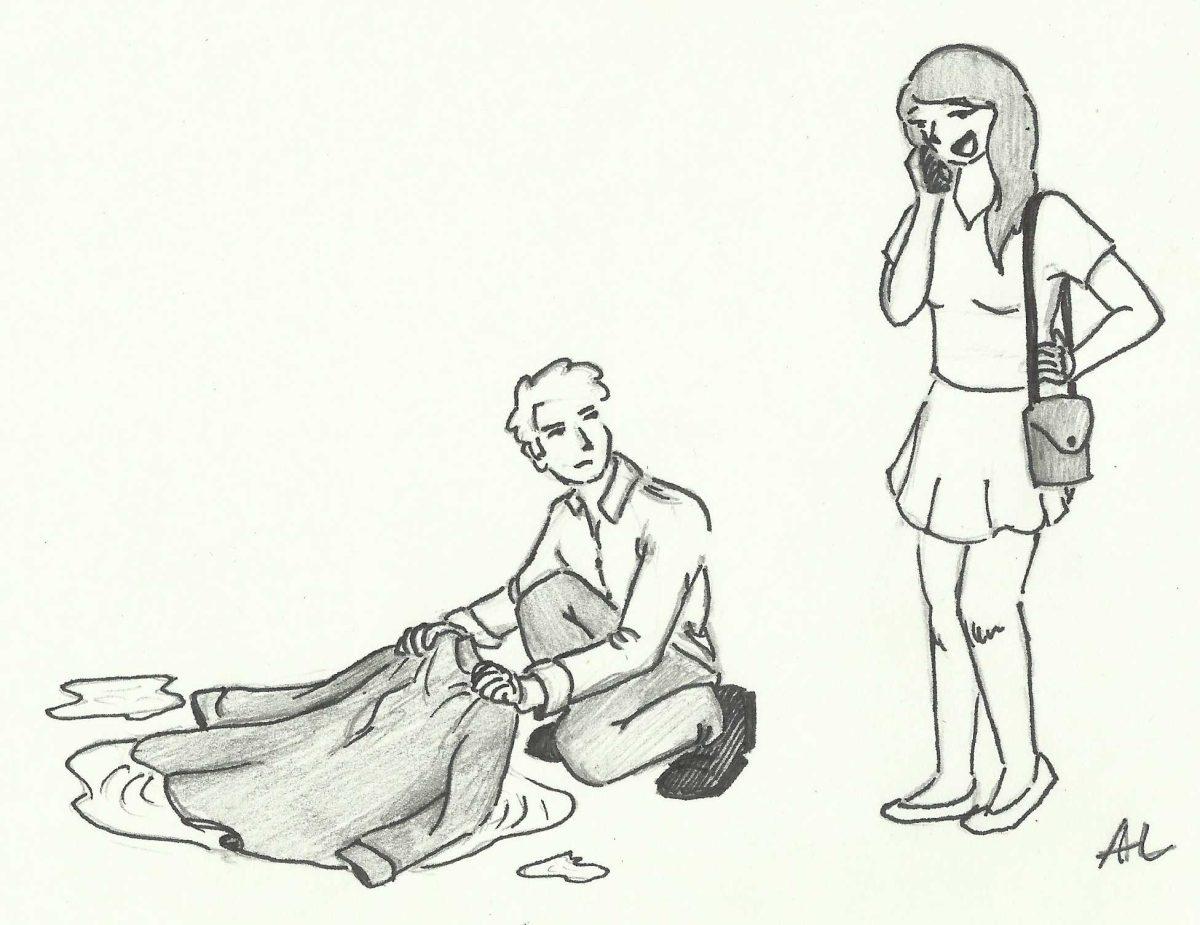Being raised in the South, I can’t count the number of times I’ve had a male hold open a door for me, offer to help me carry something or offer me his seat.
Having experienced this for my whole life, I don’t believe that chivalry is dead, but I also can’t believe it when people say that chivalry is insulting, oppressive or harmful.
Today, there seems to be a war raging against chivalry, and it has two sides.
On one hand, we have women who feel like having the door held open for them is a man asserting his dominance over them.
These women ask why the man thinks she can’t open the door for herself.
On the other hand, we have men who are angry that there is a social expectation that they hold open the door for a woman.
These men ask why they have to treat women differently than men.
The obvious answer to this problem would be that everyone just open the door for themselves, right?
But that would be throwing away the potential that we have with modern day chivalry – to turn these kind acts toward women into kind acts toward all people.
To the women in the first category, I’ll suggest this — assume his kindness isn’t affected by your gender, thank him for opening the door, and then open the door for him next time.
To the men in the second category, I’ll suggest this — stop assuming that the social rule applies only to women, and start opening doors for all people, regardless of their gender.
The best way to demonstrate the unoppressive nature of chivalry is to look back at its roots in the middle ages.
The intention of chivalry was to round out the knight’s ability to withstand violent combat, and highlight the importance of being honest, respectful and kind to others. Somehow, this was warped to mean men being courteous in exchange for sexual favors.
Had the armies in the middle ages included females, we would have seen women doing the same — it was expected of the military system to be kind when not on the battlefield.
Chivalry was not intended to be sexist, nor could its beginnings be construed as sexist. If anything, it was classist, as it was used to make knights feel superior and proud, which is necessary if you were a king trying to convince your male citizens to march into a battlefield where you would more than likely die.
Instead of arguing over the kindness that is social expectation of men in regards to women, we should be expanding the expectation to include all humans toward one another.
We have an excellent platform to expand on, and by not taking advantage of it, we are oppressing the kind potential in all humans.
Modern day chivalry is perceived as acts performed by men to women with a motive of gaining something in return. Generally speaking, the act of doing anything for women in return for something is manipulative and oppressive, and that behavior should be cut out.
But if we go back to the roots of chivalry as a moral code of kindness and honor, it doesn’t have to die.
Jana King is a 19-year-old women’s and gender studies sophomore from Pontchatoula.
Opinion: Chivalry isn’t dead, and it doesn’t deserve to die
By Jana King
October 10, 2013
Chivalry





